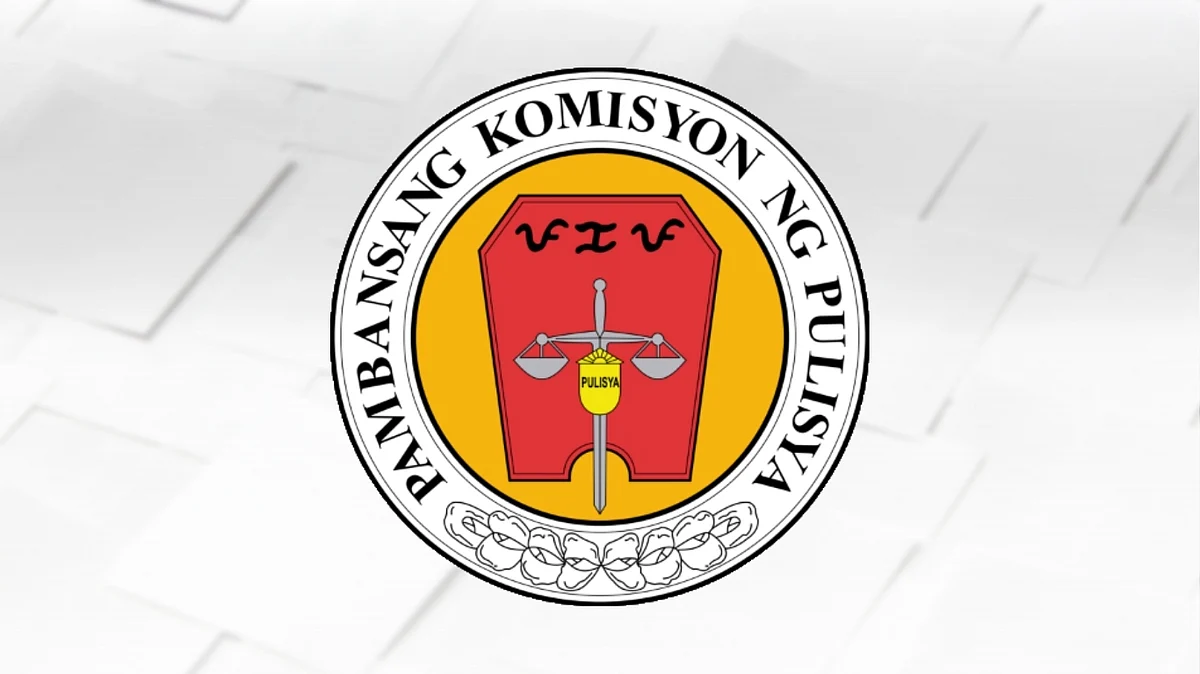By Cheng Ordoñez
Copyright tribune

MISAMIS ORIENTAL — The National Police Commission (Napolcom) has directed police to adopt a new strategy that emphasizes collaboration with local governments and communities to prevent crime.The new approach, known as the Community and Service-Oriented Policing (CSOP) system, marks a shift from traditional, reactive law enforcement to a proactive, community-based model.Atty. Robert Lou Elango, chairman of the Police Regional Appellate Board in Northern Mindanao, said the program focuses on collaboration, problem-solving and community engagement to address the root causes of crime.“The core principles of CSOP are the following — collaboration, promoting a strong partnership between the PNP, local government units (LGUs), and community members,” Elango told DAILY TRIBUNE in an interview.He said this collaborative effort leverages the strengths of each partner to effectively tackle local safety concerns.The other principles include problem-solving, which focuses on identifying and addressing the underlying causes of crime and disorder, such as poverty or drug abuse, rather than simply reacting to crimes. Elango gave an example of a dimly lit area where crimes frequently occur.“We will bring the matter to the local government unit concerned to provide enough light in the area,” he said. “That is CSOP at work.”The program also emphasizes community engagement through regular interaction and open communication between police and the public. Finally, transparency and accountability are central to the new system, building public confidence and ensuring police are responsive to community needs.Key players in implementing CSOP include the Philippine National Police Directorate for Police Community Relations, local chief executives, barangay officials and civil society groups.Elango said potential challenges to the program include limited resources, as adequate funding and personnel are essential for its success. Building and maintaining public trust also remains crucial, he said, noting that consistent efforts to demonstrate transparency and accountability are necessary for the program’s effectiveness.



